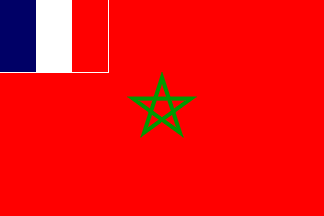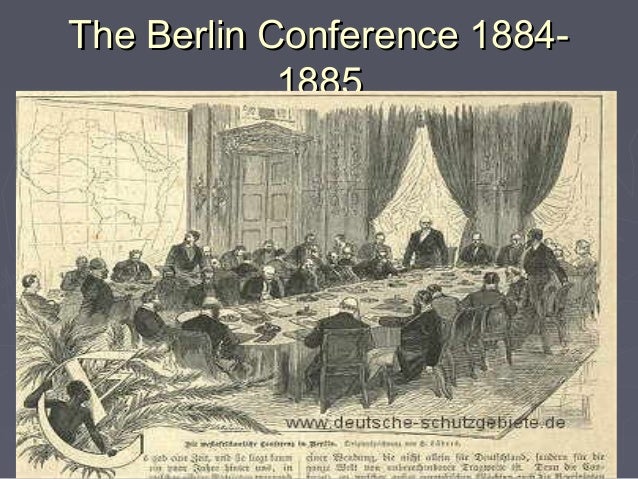At the first of the classs we've given our projects to Paqui, about Spain in the 19th century. In my group we've worked a lot, we've met twice at week and we also had fun. Doing this comic I've learnt in a different way and I think that's better than doing an exam! All of us have worked very hard, so we hope that Paqui likeS our projects.
Before starting the class Paqui has said that we've to bring our projects of the Industrial Revolution and the Baroque for the exhibition of the book's day.
Later we've started reviewing what we saw last day, that were the attitudes towards colonialism. Most of the population didn't have an opinion, many politicians were in favour and the trade unionists and some social politians were against it.
Then Paqui has written a scheme on the board about the conquest and the organization and exploitation of the colonies.
The conquest was fast due to the technological and military superiority of The europeans. The indigenous tried to stop it, but they couldn't. The europeans used tribal rivalries to divide the indigenous or hired some tribes to fight against other peoples.
There were three types of colonies:
Colonies of exploitation: they depended on the metropolis. The europeans owned the lands, mines and export companies, and what they want was exploiting the colonies and extracting their economic resources.Most of the african colonies belonged to this type.
source:http://www.siliconafrica.com/wp-content/themes/directorypress/thumbs//Africa-France-relationship.png
Colonies of settlement: they were colonies with an important number of europeans.They had an autonomus government, but their foreign policy was controlled by te metropolis, like Australia.
The protectorates: they were independant, because the had an indigenous government, but they didn't have an independent foreign policy. For example, Morocco was controlled by France and Spain.

Later we've seen the big colonial empires:
source:http://image.slidesharecdn.com/thebigcolonyempires-101130040527-phpapp01/95/the-big-colony-empires-2-638.jpg?cb=1422592722
source:https://upload.wikimedia.org/wikipedia/commons/4/45/World_1914_empires_colonies_territory.PNG
Then we've seen the Scramble for Africa. The main european powers became confronted in the colonization of Africa. Most of the Africa's costs were occupied by the United Kingdom and France. Africa was an ideal country to imperialize for Europe because of its close location, abundance of natural resources and it was viewed as an inferior country to Europe.


And for finish the lessson we've seen the Berlin conference. Otto Von Bismark sponsored an international conference in Berlin to avoid a war between the European powers in their race to occupy Arica.

Enmity:enemistad
Rivalry: rivalidadColonies of settlement: Colonias de poblamiento
Protectorate: protectorado
Suez Canal: Canal de Suez
Paper fastener: encuadernador( we've lost like 5 minutes looking for this word because we didn't know it)
Bookbinder: encuadernador(persona)
Scramble: desvandada
Scramble for Africa: Reparto de Africa
1 comment:
Hello Manal,
Here you have my corrections:
- The names of the inhabitants of a place have to be wriiten in capital letters: Europeans
- In English we don't say "we have seen this in class", but we have studied...
Most of your mistakes are spelling mistakes. I recommen you to read what you've written before posting next time ;)
This is the text corrected:
Hi, today is my turn to do the journal, well, it's Andrei's turn but he has said that he hasn't time to do it, so we have changed it. Let's start reviewing.
At the beginning of the class(s) we've given our projects to Paqui, about Spain in the 19th century.
(...)
Later we've started reviewing what we studied last day, which were the attitudes towards colonialism. Most of the population didn't have an opinion, many politicians were in favour and the trade unionists and some socialist politicians were against it.
(...)
The conquest was fast due to the technological and military superiority of the Europeans. The indigenous peoples tried to stop it, but they couldn't. The Europeans used tribal rivalries to divide the indigenous peoples or hired some tribes to fight against other peoples.
There were three types of colonies:
Colonies of exploitation: they depended on the metropolis. The Europeans owned the lands, mines and export companies, and what they wanted was exploiting the colonies and extracting their economic resources.Most of the African colonies belonged to this type.
Colonies of settlement: they were colonies with an important number of Europeans.They had an autonomous government, but their foreign policy was controlled by the metropolis, like Australia.
The protectorates: they were independent, because the had an indigenous government, but they didn't have an independent foreign policy. For example, Morocco was controlled by France and Spain.
Later we've studied the big colonial empires:
Then we've studied the Scramble for Africa. The main European powers became confronted in the colonization of Africa. Most of the Africa's coasts were occupied by the United Kingdom and France. Africa was an ideal territory to occupy by Europe because of its close location, abundance of natural resources and it was viewed as an inferior territory to Europe.
And to finish the lessson we've studied the Berlin Conference. Otto Von Bismark sponsored an international conference in Berlin to avoid a war between the European powers in their race to occupy Africa.
VOCABULARY
Scramble: desbandada
And thanks for being a good classmate. Bye!
Post a Comment